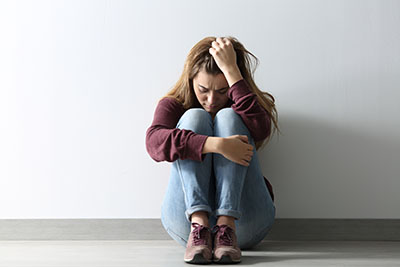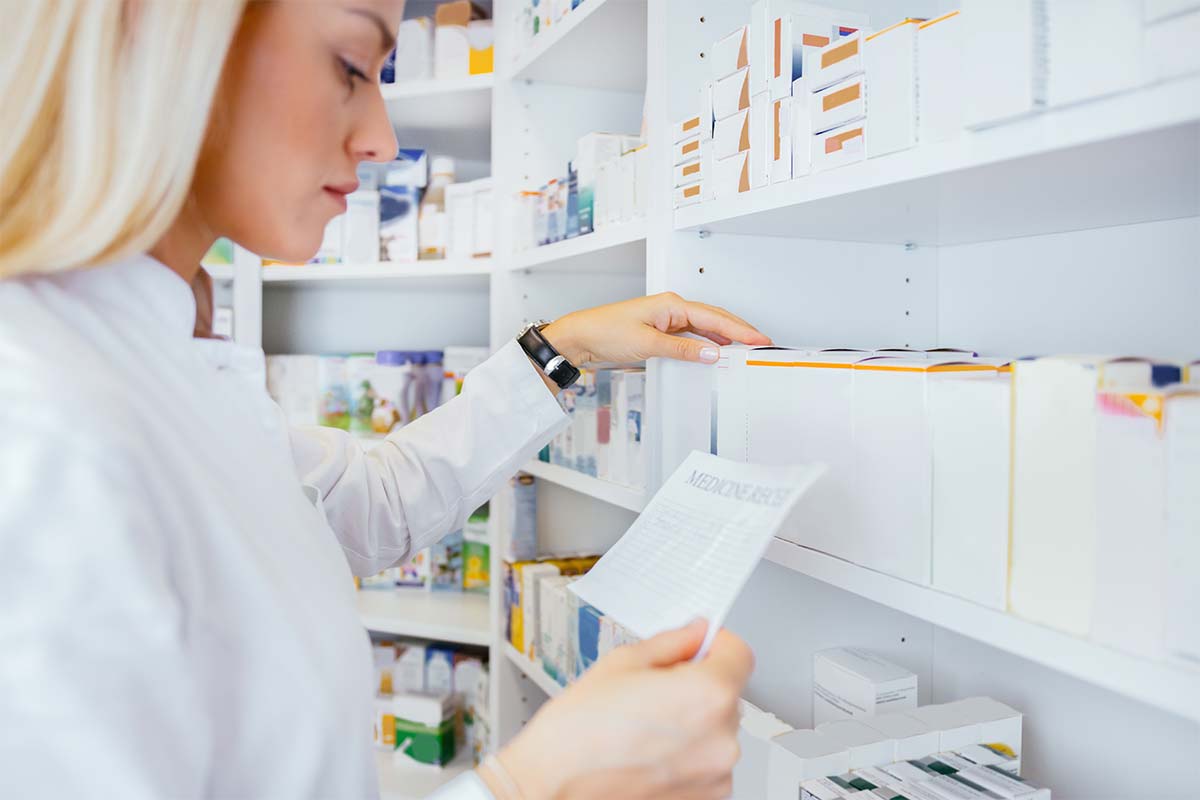

By: Lakeview Health
Most people are aware of methadone as a method of getting off more serious substances through substance abuse treatment programs. But fewer people are aware of the potential for methadone abuse. Though methadone is less dangerous than drugs like heroin, it can still be dangerous in its own right. By learning more about abusing methadone, it’s possible to enter a medical detox center feeling confident and ready to achieve your goals.
What Are the Signs of Methadone Abuse?
When using methadone, most people are detoxing from another drug or medication. Because of this, it’s difficult to determine whether the symptoms experienced are from methadone abuse or the original drug.
Here are some signs of methadone abuse:
- Detoxing from another drug sometimes means you’ve been taking methadone for a very long time. Not stepping down your doses (even occasionally increasing them) likely means you have started to abuse methadone.
- Methadone itself shouldn’t give any positive feedback or “high.” But feeling better can still be a high. If you find yourself collecting methadone from multiple programs, you may have gotten addicted to “feeling better.” It’s a type of psychological addiction.
- If you’ve tried to take less but were unable, you may have issues with methadone addiction. At this stage, you will need a qualified professional to help with the next step of your recovery.
- If you’re thinking about getting methadone when with family and friends or doing hobbies, then you are too preoccupied. This is a sign of psychological addiction, and it’s important to address it. You may even find yourself avoiding things like work so you can get methadone faster.
- At a certain point, medical professionals will get concerned about your usage. Therefore, they will likely pull back on your usage, and you’ll need to find methadone elsewhere. If you’re trying to procure methadone through friends or strangers, you have a problem.
- If you’re taking too much methadone, you can experience side effects like impaired judgment and respiratory problems. At this stage, you will need professional help to get off it. These symptoms will get worse over time.
Although methadone has serious side effects or withdrawal symptoms, it’s almost always preferable to those from the original drug. It’s best to ask a professional if you’re abusing methadone.
What Can You Do About It?
The good news is you can tackle methadone abuse through a drug addiction treatment center program. Methadone is (naturally) easier to stop than most similar drugs, which is why it’s used so frequently in medical detox.
Since methadone is a drug and can be addictive, it’s important anyone abusing it get off as soon as possible. Otherwise, it may just be a crutch. While you may be getting off of another, more serious drug, you may be replacing the habits of the addition with the methadone itself.
Thankfully, withdrawal from methadone abuse is not as serious as other medications, but the withdrawal symptoms are still there. You should reach out for professional help when withdrawing from any type of medication, including methadone.
Are you concerned about the potential for methadone abuse? While methadone abuse can lead to side effects, withdrawal symptoms, and even addiction, it’s often instrumental in detox. To find out more about methadone, contact Lakeview Health at [Direct].





